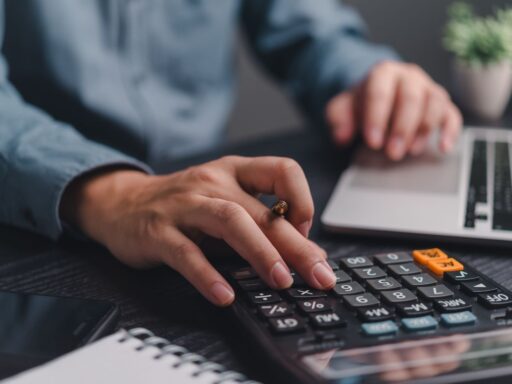Imagine a party where the music is lackluster, the conversation lulls, and guests are checking their watches. A truly memorable private party hinges on engaging entertainment. Hiring professional performers elevates any gathering, transforming it from ordinary to extraordinary.
They bring energy, talent, and a unique experience that creates lasting memories. This guide serves as your comprehensive resource for successfully booking performers for private parties, covering everything from defining your needs to managing the entertainment on the day of the event. We’ll help you set the stage for an unforgettable celebration.
Defining Your Entertainment Needs: What Kind of Magic Do You Want?
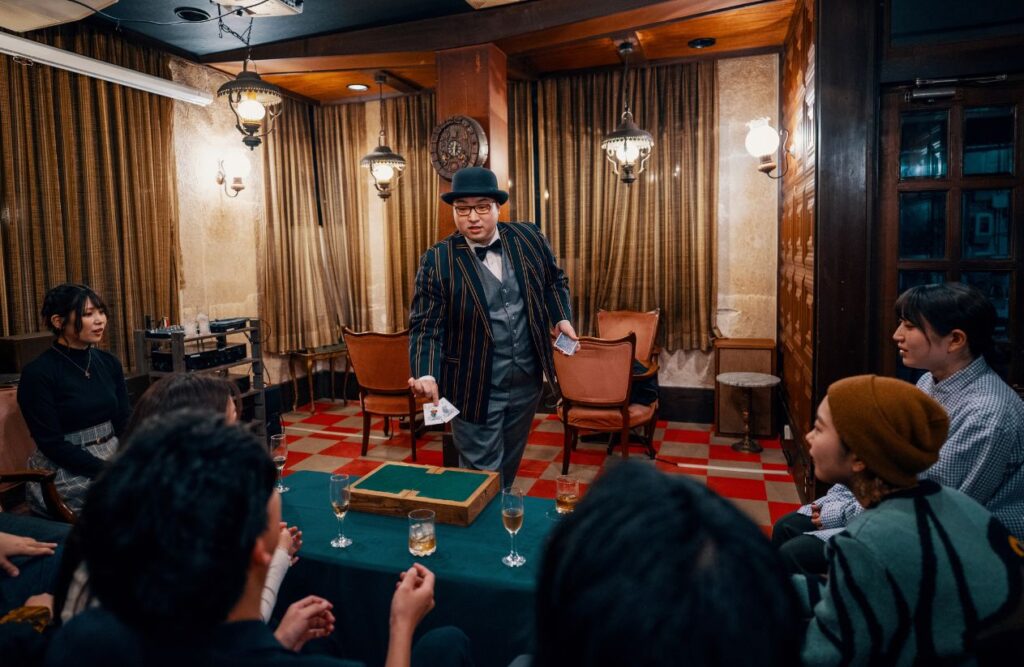
Before embarking on the exciting quest to find the perfect performers, it’s absolutely essential to define your entertainment needs.
This crucial first step involves carefully considering the nuances of your event, ensuring the entertainment seamlessly complements the occasion and resonates with your guests.
Choosing entertainment without a clear vision is like navigating without a map – you might end up somewhere interesting, but it might not be your desired destination.
Understanding the Party’s Theme, Tone, and Target Audience:

The theme acts as the guiding star for your event, setting the overall atmosphere and influencing every decision, including entertainment. A sophisticated cocktail party, for instance, demands a different ambiance than a casual backyard barbecue or a child’s whimsical birthday bash. Similarly, the tone you aim to create – whether formal, relaxed, high-energy, intimate, or festive – will significantly impact your entertainment choices. But perhaps the most crucial factor is your target audience.
What kind of entertainment will truly resonate with their age group, interests, and preferences? A live jazz ensemble might be the perfect backdrop for a mature, discerning crowd, while a high-energy DJ spinning popular hits would be more fitting for a younger, dance-oriented gathering.
Consider also the occasion itself. A milestone birthday celebration might call for a more personalized or interactive performance than a corporate networking event.
Determining the Appropriate Type of Entertainment:

Once you have a firm grasp of your audience and the desired atmosphere, you can begin exploring the diverse world of entertainment options. Here are some popular choices:
- Live Music: From the intimate strumming of a solo acoustic guitarist to the electrifying energy of a full band, live music adds a dynamic and engaging element that can transform any event. Consider the style of music that best suits your theme and audience – jazz, rock, pop, country, classical, and more.
- DJs: DJs are masters of creating a vibrant party atmosphere with expertly curated playlists, seamless transitions, and interactive elements. They can adapt to various musical tastes and keep the energy high throughout the event.
- Magicians: Magicians offer captivating performances that intrigue and entertain guests of all ages. From close-up magic that happens right before your eyes to large-scale illusions, a magician can add a touch of wonder and amazement to your party.
- Comedians: A stand-up comedian can inject laughter and lightheartedness into any event, providing a shared experience that brings people together. Consider the comedian’s style and ensure it aligns with your audience’s sense of humor.
- Specialty Acts: This broad category encompasses a wide array of unique and captivating performers, such as dancers, acrobats, fire performers, aerialists, impersonators, and more. These acts can add a truly memorable and distinctive touch to your event.
- Setting a Realistic Budget for Entertainment: Establishing a realistic budget early in the planning process is absolutely essential. Entertainment costs can vary significantly depending on several factors, including the performer’s experience, reputation, popularity, the length of the performance, travel expenses, and any specific technical requirements. Research typical rates for different types of performers in your local area or region to gain a general understanding of the market. Be prepared to adjust your budget or consider alternative entertainment options if necessary. Remember, transparency with performers about your budget is crucial for smooth negotiations.
- Considering Space and Logistical Requirements: Before finalizing any booking, carefully consider the physical space and logistical requirements of your chosen entertainment. Does the venue have a stage or a designated performance area? Are there sufficient power outlets, adequate lighting, and a suitable sound system? If not, you’ll need to factor in the cost of renting any necessary equipment. Consider also the size of the performer’s setup – instruments, props, backdrops, etc. – and ensure there’s ample space to accommodate them comfortably. For example, a full band will require significantly more space than a solo acoustic guitarist. Think about load-in and load-out access for the performers and their equipment. Addressing these logistical details in advance will prevent any last-minute surprises and ensure a smooth and successful performance.
Finding the Right Performers: Where to Discover Talent
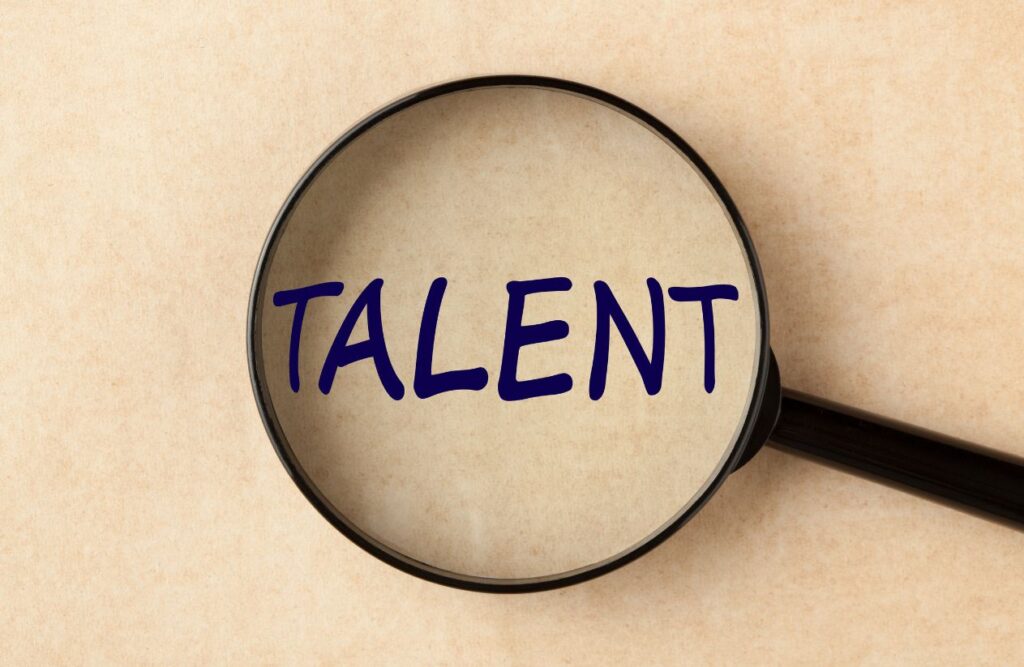
Once you’ve defined your entertainment needs, the next step is to find the perfect performers. Fortunately, there are numerous avenues to discover talented individuals and groups:
- Online Directories and Platforms Specializing in Event Entertainment: The internet has revolutionized the way we find talent. Several online directories and platforms specialize in connecting event planners with performers. These platforms often feature detailed profiles, photos, videos, reviews, and booking information, making it easy to browse and compare different options. Some popular examples include Gigsalad, The Bash, and Eventbrite. These platforms often allow you to filter by location, type of performance, and budget, streamlining your search.
- Talent Agencies and Booking Agents: Talent agencies and booking agents act as intermediaries between performers and clients. They represent a roster of talent and handle the booking process, including negotiations, contracts, and logistics. Working with an agency can save you time and effort, as they’ve already vetted the performers they represent. However, keep in mind that agencies typically charge a commission, which will be factored into the overall cost.
- Referrals from Friends, Family, and Event Planners: Word-of-mouth referrals can be an invaluable resource. Ask friends, family, colleagues, or anyone who has recently hosted an event if they have any recommendations. Event planners, in particular, have extensive networks and can often suggest performers who are a perfect fit for your needs. Personal recommendations come with a level of trust and can lead you to hidden gems you might not find through other channels.
- Social Media and Online Portfolios: Many performers maintain active profiles on social media platforms like Instagram, Facebook, YouTube, and TikTok. These platforms offer a glimpse into their performance style, repertoire, and audience engagement. You can often find videos of past performances, client testimonials, and contact information. Checking a performer’s online presence is a great way to assess their professionalism and see if their style aligns with your vision.
- Local Venues and Open Mic Nights: Attending live performances at local venues, bars, clubs, and open mic nights is an excellent way to discover local talent firsthand. This allows you to experience their performance in person, assess their stage presence, and gauge audience reactions. You can also network with other attendees and venue staff who may have further recommendations. This approach is particularly effective for finding up-and-coming artists or niche performers.
Evaluating Potential Performers: Making Informed Decisions
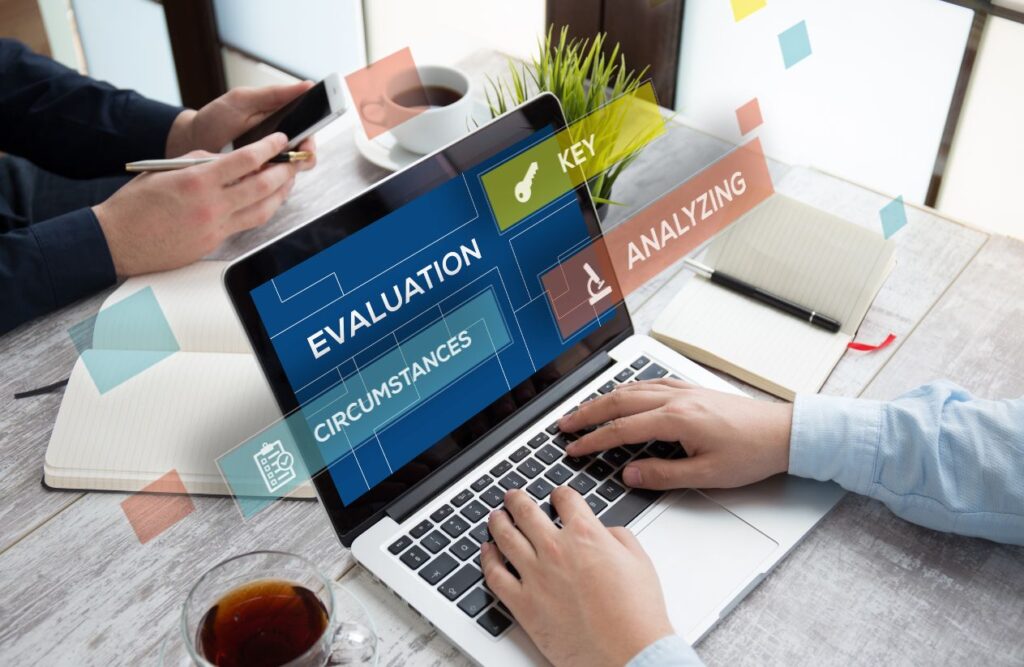
Once you’ve identified some potential performers, it’s time to evaluate them carefully to ensure they’re the right fit for your event. Don’t rush this process; thorough evaluation is key to avoiding disappointments and ensuring a successful event.
- Reviewing Promotional Materials (Videos, Photos, Testimonials): Most performers will have promotional materials showcasing their talent. Pay close attention to videos of past performances. These offer the best insight into their stage presence, performance style, and audience interaction. Photos can give you an idea of their appearance and presentation. Testimonials from previous clients can provide valuable feedback on their professionalism and performance quality. Look for consistent themes in the testimonials, such as punctuality, professionalism, and audience engagement.
- Checking Online Reviews and Ratings: In today’s digital age, online reviews and ratings can be a valuable resource. Check platforms like Google Reviews, Yelp, and social media pages for feedback from previous clients. Be aware that a few negative reviews shouldn’t necessarily disqualify a performer, but a pattern of negative feedback should raise a red flag. Consider the context of the reviews and look for detailed explanations rather than just star ratings.
- Requesting References and Contacting Past Clients: Don’t hesitate to ask performers for references and contact information for past clients. Speaking directly with someone who has hired them before can provide valuable insights into their experience. Ask specific questions about the performer’s professionalism, communication, performance quality, and ability to adapt to different situations.
- Attending Live Performances (If Possible): If feasible, attending a live performance is the best way to truly assess a performer’s talent and stage presence. This allows you to experience their performance firsthand, observe their interaction with the audience, and gauge their overall professionalism. If a live performance isn’t possible, consider requesting a live video recording of a recent performance.
- Assessing Professionalism and Communication Skills: Beyond talent, professionalism and communication skills are crucial. Pay attention to how promptly and professionally the performer responds to your inquiries. Are they clear and concise in their communication? Are they willing to answer your questions and address your concerns? A performer who is professional and communicative during the booking process is more likely to be reliable and easy to work with on the day of the event. This also includes things like having a professional website or online presence, using clear contracts, and being punctual for meetings or calls.
Negotiating and Booking: Securing the Entertainment

Once you’ve chosen the perfect performer, it’s time to negotiate the terms and officially secure their services. This stage requires clear communication and attention to detail to ensure a smooth and mutually beneficial agreement.
- Requesting Quotes and Comparing Pricing: Contact each potential performer and request a detailed quote. This quote should outline the performance fee, any travel expenses, equipment rental fees (if applicable), and any other associated costs. Don’t hesitate to ask for clarification on any points that are unclear. Comparing quotes from different performers will help you determine a fair market price and ensure you’re getting the best value for your budget. Be wary of significantly lower prices, as this could be a red flag for unprofessionalism or inexperience.
- Understanding Contracts and Agreements: A written contract is essential for protecting both you and the performer. Carefully review the contract before signing it. Pay close attention to the following key elements:
- Date, Time, and Location of the Performance: Ensure these details are accurately recorded.
- Performance Duration: Specify the length of the performance and any breaks.
- Payment Terms: Clearly define the payment schedule, including deposit amounts and final payment deadlines.
- Cancellation Policy: Understand the terms for cancellation by either party.
- Technical Requirements: Outline any specific technical needs, such as sound equipment, lighting, or stage setup.
- Liability and Insurance: Ensure the contract addresses liability in case of accidents or damages.
- Negotiating Performance Fees, Travel Expenses, and Other Costs: Don’t be afraid to negotiate the performance fee, especially if you’re working with a limited budget. Be respectful and professional in your negotiations. If travel is required, clarify who is responsible for covering the costs (you or the performer) and how those costs will be reimbursed. Other potential costs to consider include accommodation, meals, and equipment rental.
- Confirming Booking Details in Writing: Once you’ve agreed on all the terms, confirm the booking details in writing. This can be done through a signed contract or a formal email confirmation. This written confirmation should reiterate all the key details of the agreement, including the date, time, location, performance duration, payment terms, and any other relevant information.
- Discussing Technical Requirements and Stage Setup: Discuss the technical requirements and stage setup with the performer well in advance of the event. This includes things like power requirements, sound system specifications, lighting needs, and stage dimensions. Providing the performer with detailed information about the venue and available equipment will help them prepare adequately and ensure a smooth performance. It’s often helpful to create a technical rider that outlines all these requirements.
You can also read our article “How to Book the Right Entertainment for Any Event”
Pre-Event Communication and Logistics: Ensuring a Seamless Performance
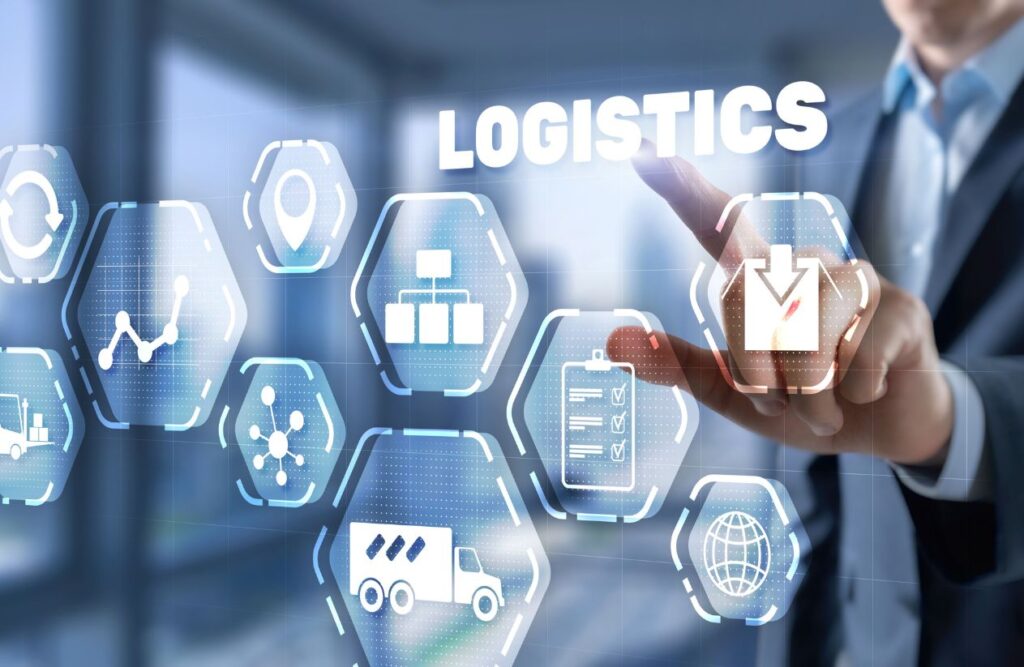
The days and weeks leading up to your event are just as crucial as the event itself when it comes to ensuring a smooth and successful performance.
Proactive, detailed communication and meticulous logistical planning are paramount to preventing unwelcome surprises and fostering a positive working relationship with your chosen performer. This is where you solidify the foundation for a truly memorable experience.
- Confirming Arrival Times and Setup Arrangements (and Creating a Timeline): Don’t just confirm arrival times; create a detailed timeline. Approximately one to two weeks before the event, initiate a final confirmation with the performer, solidifying arrival times not only for the performance itself but also for setup and soundcheck (if applicable). This is the time to create a clear, shared timeline. This timeline should include:
- Load-in Time: When the performer and their crew will arrive to begin setting up.
- Soundcheck Time (if needed): A designated time for the performer to test their equipment and ensure everything is working correctly.
- Performance Start Time: The official start time of the performance.
- Performance End Time: The scheduled end time of the performance.
- Load-out Time: When the performer will begin packing up and leaving the venue.
- Providing Comprehensive Venue Information (Going Beyond Directions): Providing clear directions is just the starting point. Offer a comprehensive information package about the venue. This should include:
- Full Address and GPS Coordinates: For easy navigation.
- Detailed Arrival Instructions: Specify which entrance to use, where to park, and any specific access codes or procedures.
- Venue Contact Information: Provide contact details for the venue manager or any other relevant staff members who will be present on the day of the event.
- Venue Layout (if available): A simple diagram or floor plan can be extremely helpful for performers to visualize the space and plan their setup accordingly.
- Technical Specifications: Reiterate any technical specifications discussed during the booking process, such as power outlet locations, stage dimensions, and available lighting and sound equipment. Photos of the stage area can also be very helpful.
- Designating a Dedicated Point of Contact (and Establishing Communication Protocols): Designate a dedicated point of contact who will be the primary liaison with the performer on the day of the event. This person should be organized, calm under pressure, readily available (with a reliable phone signal), and thoroughly briefed on the event logistics. Provide the performer with this person’s name, phone number, and any preferred method of communication (e.g., phone call, text message). Establish clear communication protocols: for example, when the performer should check in upon arrival, how to handle any urgent issues, and how to communicate any changes or delays.
- Handling Last-Minute Changes or Requests (and Having Contingency Plans): Even with the best planning, unforeseen circumstances can arise. Be prepared to handle last-minute changes or requests from either side with flexibility and professionalism. If the performer needs to adjust their setup due to unforeseen technical difficulties or if you need to make a minor change to the event schedule, maintain open and honest communication to find a mutually agreeable solution. Having contingency plans in place is crucial. For example, have a backup sound system or a list of alternative songs or activities in case of technical problems or unexpected delays. This proactive approach will help you navigate any challenges smoothly and minimize disruptions to the event.
On the Day of the Event: Managing the Entertainment
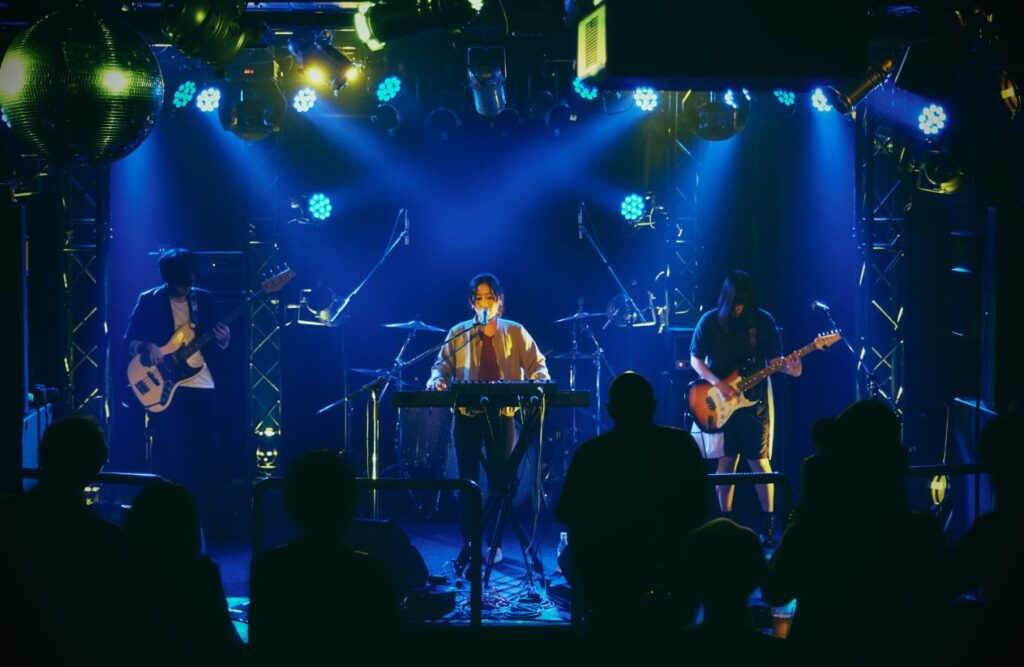
The big day has arrived! All your planning and preparation come to fruition on the day of the event. Your role now shifts to ensuring everything runs smoothly for the performers and that your guests have an unforgettable experience.
This section will guide you through the crucial steps of managing the entertainment on the day of your event.
- Greeting the Performer Upon Arrival: When the performer arrives, greet them warmly and personally. Introduce yourself (or the designated point of contact) and re-establish clear communication. Escort them to the designated performance area and ensure they have easy access for unloading their equipment. This initial interaction sets the tone for a positive working relationship throughout the event. Offer them refreshments and a comfortable space to relax or prepare before their performance.
- Ensuring They Have Everything They Need: Double-check that the performer has everything they require for their performance. This includes confirming that the stage setup is as agreed upon, the sound and lighting are functioning correctly, and they have access to any necessary amenities (e.g., dressing room, water, towels). This is a crucial step in the process of booking performers for private parties to ensure a smooth and successful event. Address any last-minute questions or concerns they may have promptly and efficiently.
- Introducing the Performer to the Audience: A proper introduction can significantly enhance the audience’s appreciation for the performer. Before the performance begins, introduce the performer to your guests. Briefly mention their background, experience, or any relevant information about their performance style. A warm and enthusiastic introduction sets a positive tone and builds anticipation for the performance.
- Handling Any Technical Issues or Emergencies: Even with meticulous planning, unexpected issues can arise. Be prepared to handle any technical problems or emergencies that may occur during the performance. Have a backup plan in place for potential issues such as power outages, sound system malfunctions, or equipment failures. If a problem arises, remain calm and communicate clearly with the performer and any relevant venue staff to find a quick and effective solution. Having a designated “problem solver” on hand can be invaluable in these situations. This might involve having spare cables, a basic toolkit, or contact information for a local audio/visual technician.
Post-Event Follow-Up: Maintaining Professional Relationships

The event may be over, but your interaction with the performer isn’t quite finished. Post-event follow-up is essential for maintaining professional relationships and ensuring future collaborations. This demonstrates professionalism and respect for the performer’s time and talent.
- Thanking the Performer for Their Performance: Immediately after the performance (or shortly thereafter), thank the performer for their contribution to your event. A sincere expression of gratitude goes a long way in building rapport. A brief, personal message expressing your appreciation for their performance and highlighting specific aspects you enjoyed is always well-received. Whether it’s in person, via phone, email, or even a handwritten note, a prompt thank you is a professional courtesy.
- Providing Feedback (Both Positive and Constructive): Providing feedback, both positive and constructive, is a valuable practice. While positive feedback reinforces what the performer did well, constructive feedback can help them improve their performance for future events. Frame constructive criticism in a positive and supportive manner, focusing on specific observations rather than general criticisms. For instance, instead of saying “The sound was off,” you could say, “The microphone levels seemed a little low during the first set, which made it a bit hard to hear the vocals.” Be specific and offer suggestions for improvement.
- Paying the Performer Promptly: Adhering to the agreed-upon payment terms is crucial for maintaining a professional relationship. Pay the performer promptly according to the schedule outlined in the contract. This demonstrates your reliability and respect for their time and effort. If there are any unforeseen circumstances that might delay payment, communicate this clearly and honestly with the performer as soon as possible.
- Considering Future Collaborations: If you were pleased with the performer’s performance, consider future collaborations. Let them know that you would be interested in working with them again for future events. This opens the door for potential repeat business and strengthens your professional network. Even if you don’t have immediate plans for another event, keeping in touch can be beneficial for future opportunities. Maintaining a positive relationship can also lead to referrals to other potential clients.
Legal and Practical Considerations: Protecting Yourself and Your Event
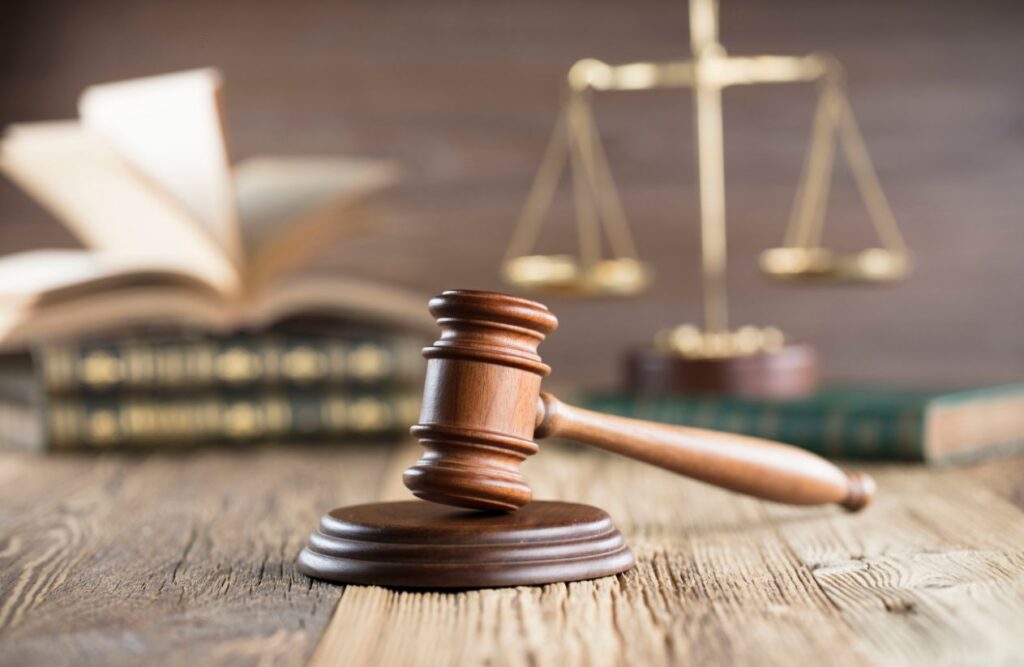
While the creative aspects of planning entertainment are exciting, it’s crucial not to overlook the crucial legal and practical considerations that protect both you and your event. Ignoring these details can lead to significant problems down the line.
- Insurance and Liability: Insurance is a crucial aspect of event planning, especially when hiring performers. Ensure that both you and the performer have adequate insurance coverage.
- Your Insurance (Event Liability Insurance): This protects you against liability claims for bodily injury or property damage that may occur during your event. It’s highly recommended to obtain event liability insurance, especially if your venue doesn’t provide it. This coverage can protect you from potentially significant financial losses.
- Performer’s Insurance (General Liability Insurance): Confirm that the performer carries their own general liability insurance. This protects them in case of accidents or damages related to their performance (e.g., a guest tripping over their equipment). Requesting a Certificate of Insurance (COI) from the performer is a standard practice. This document provides proof of their coverage.
- Permits and Licenses (if required): Depending on the nature of your event, the venue, and the type of performance, you may need to obtain specific permits or licenses. These may include:
- Entertainment Licenses/Permits: Some jurisdictions require permits for live music, performances, or other forms of entertainment. These ensure compliance with local regulations regarding noise levels, operating hours, and other factors.
- Alcohol Licenses/Permits (if applicable): If you plan to serve alcohol at your event, obtaining the necessary alcohol license is crucial. Laws regarding alcohol service vary significantly, so consult your local authorities to ensure compliance.
- Venue Permits/Licenses: The venue itself may require certain permits or licenses for events, especially if they involve amplified music, large gatherings, or specific activities. Check with the venue management to confirm their requirements.
- Contingency Plans for Cancellations or Emergencies: Despite the best planning, unforeseen circumstances can lead to cancellations or emergencies. Having robust contingency plans in place is crucial for minimizing disruption and protecting your investment:
- Performer Cancellation: Include a clear cancellation clause in the contract that outlines the terms and conditions for cancellation by either party. This should include details about refunds, notice periods, and any penalties for late cancellations. Consider including a “force majeure” clause, which covers events outside either party’s control (e.g., natural disasters).
- Weather-Related Issues (for outdoor events): If your event is outdoors, have a detailed backup plan in case of inclement weather. This might involve securing an indoor alternative venue, postponing the event to a later date, or having alternative entertainment options available that are suitable for indoor spaces.
- Medical Emergencies: Have a plan in place for handling medical emergencies. This includes having a well-stocked first-aid kit on hand, knowing the location of the nearest medical facilities, and having a designated person responsible for contacting emergency services if necessary.
By addressing these legal and practical considerations proactively, you can significantly reduce risk, ensure a smooth and legally compliant event, and protect yourself from potential liabilities.
I know that you are looking for a performer for our private party, so to help you even more; below is a list of performer that you can book or hire for the event:
Conclusion
Planning a memorable private party hinges on captivating entertainment. This comprehensive guide has equipped you with the tools to navigate the process of booking performers for private parties effectively.
From defining your needs and discovering talent to handling logistics and legal considerations, each step contributes to a successful event. By carefully considering your audience, evaluating performers thoroughly, and addressing practical details, you can transform an ordinary gathering into an extraordinary celebration.
Remember, the right entertainment creates lasting memories and elevates your event to satisfaction.
Also check our article about“How to Find the Perfect Talent for Special Occasions”



